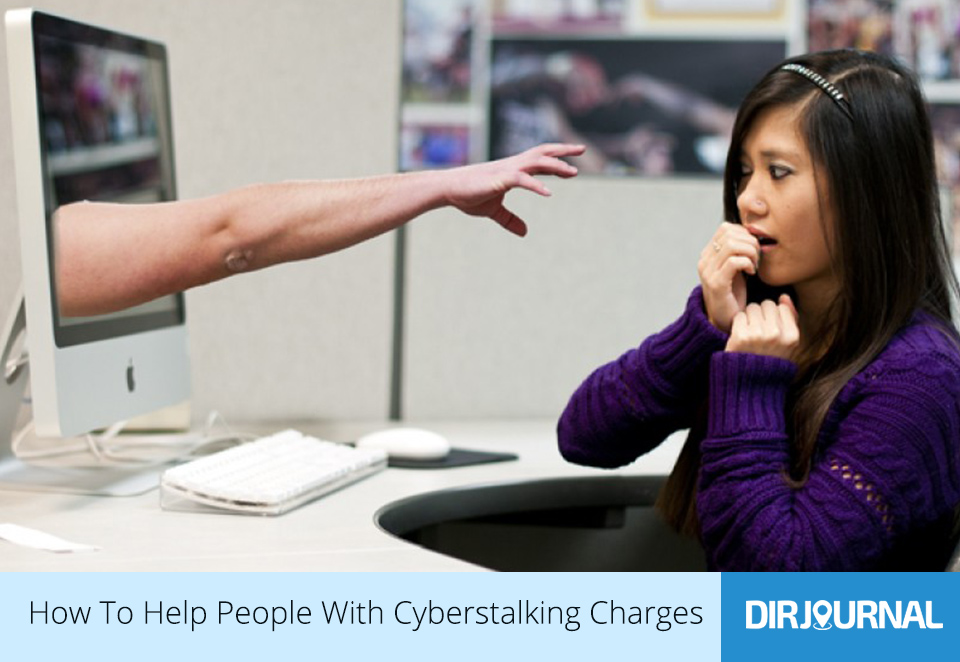Accusing someone of stalking is a very serious charge that can lead to very severe consequences, as well as related consequences including felony convictions and mandatory registration as a sex offender. One should not make such allegations lightly, and yet there are people who do just that—either because they want to see someone punished or because they genuinely feel threatened even though the situation does not warrant alarm. In any case, some people who have been accused and charged with stalking or cyberstalking have done nothing of the sort, or their actions have been misconstrued. This is why good criminal defense lawyers will have vast knowledge and experience in representing individuals accused of stalking, cyberstalking, and domestic violence.
While stalking and cyberstalking accusations are often made between people who had previously been married or in a relationship, cyberstalking charges are becoming increasingly frequent between strangers or near strangers. Since the advent of social media platforms like Facebook and Twitter, online dating services, and the modernization of text messaging, email, and messenger, it has become very difficult to know whether someone genuinely wants to be left alone or if they are just being coy.
If you are interested in becoming a criminal defense lawyer, or if you are already practicing law but know little about stalking and cyberstalking, you should strongly consider reading up on those subjects and gaining extra knowledge on the laws for these accusations in your state. Any criminal lawyer who takes on stalking and cyberstalking cases needs all the information and experience they can get to successfully defend an innocent client. The burden of proof is on the prosecution, but in this digital age, they have a lot of ammunition at their disposal. What may have been a seemingly innocent conversation on a messaging app from your client’s point of view may look and sound like unwanted or aggressive language from the perspective of the prosecution, judge, and jury. It is therefore important to understand exactly what transpired, including what the context was at the time of the conversation, how your client felt about it, and his or her ultimate motive. That way, third parties can get the whole picture—not just digital records.
Of course, not everyone is innocent. Every criminal defense lawyer has had cases in which their client really did mean to stalk, cyberstalk, or harm their accuser. Often, these individuals either have mental issues or do not grasp the concept of boundaries, and may not recognize body language or the fact that “no means no.” A good criminal lawyer will have tools to help those clients as well as the innocent ones. In cases like this, there are several options to chooses from, one of them being enrolling that client in a treatment course that offers them the help they need to correct their stalking or cyberstalking behavior. Obviously, the client must be willing to complete treatment, but if she or he is successful and comes back to court cured and remorseful, it may help once the verdict and sentencing take place.
Remember, in order to help clients charged with stalking or cyberstalking, you must understand and be comfortable with not only the facts (digital or otherwise), but also with the laws pertaining to these charges and the client’s unique situation. Innocent until proven guilty only works if your client has a good and experienced lawyer who knows the ins and outs of stalking and cyberstalking.













